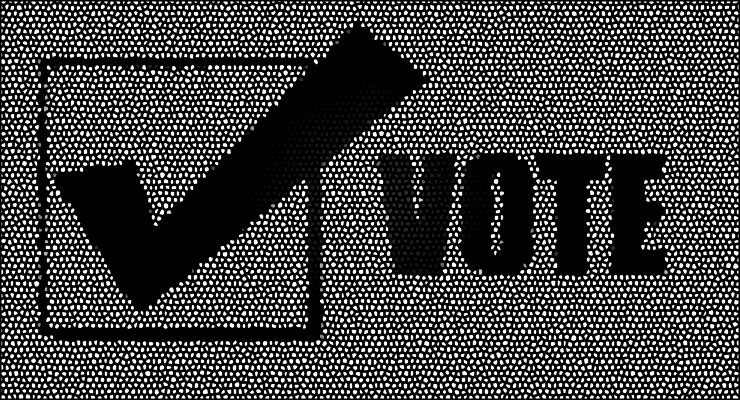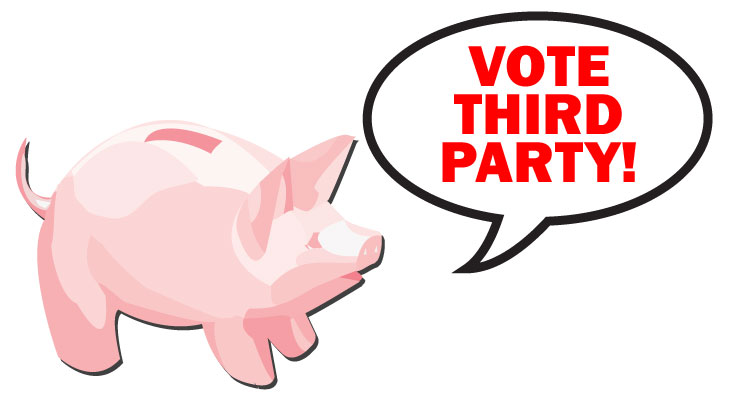
The Democrats see HR1 as an important step to protecting voting rights. But some experts think it might hurt minor party presidential campaigns. Michael Feinstein had this analysis in The Fulcrum. Here is an excerpt:
Last week the House voted 220-210 to pass HR 1, the Democratic majority’s sweeping electoral reform bill intended to strengthen voting rights, enhance campaign finance reform, and address government ethics and corruption in politics. But the legislation also contains a poison pill designed to reduce political competition and voter choice, entrenching the polarizing duopoly electoral system that made Donald Trump’s presidency possible.
In practice, the single-seat, winner-take-all system that controls American elections leads to only two electorally viable parties, forcing most voters into one of two large political camps. The “us versus them” mentality that results suppresses nuance and a respect for diversity — and exacerbates divisions in our society and politics, as the violent insurrection at the Capitol on Jan. 6 laid bare.
But instead of broadening and deepening our democracy, the provision labeled Section 502(a) would make it harder for minor parties and their presidential candidates to appear on the ballot. It would do so by raising the fundraising threshold required to earn presidential federal matching funds by 500 percent, and the minimum number of contributions to reach that threshold by 625 percent. Without these funds, minor party presidential nominees would have fewer resources to promote their messages, with the public seeing a narrower range of policy approaches and perspectives.
Read the full story through this link. Democracy Chronicles has put together a cornerstone page with our latest on the Libertarian Party that you might explore next. Links to the Libertarian Party website and party platform are included too. Or you can see our overview of all American political parties at Democracy Chronicles Third Party Central.

Leave a Reply